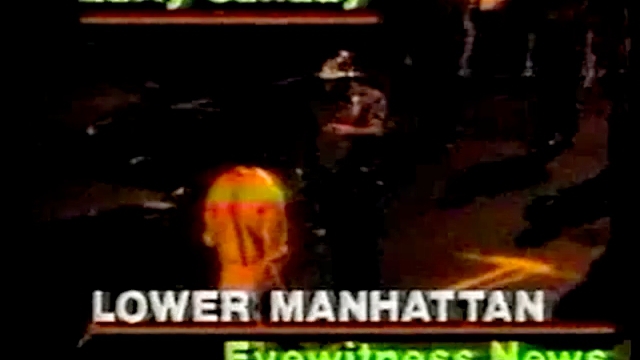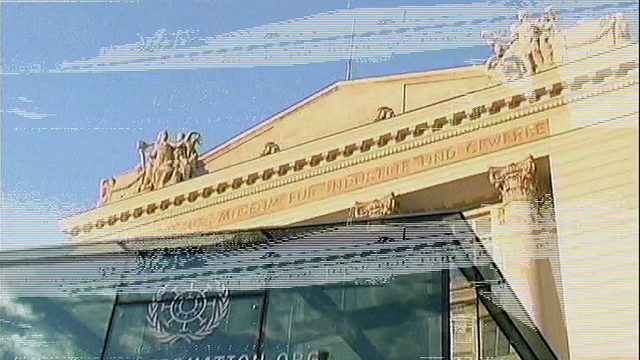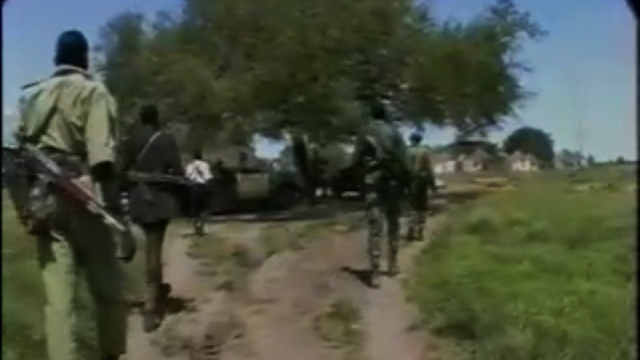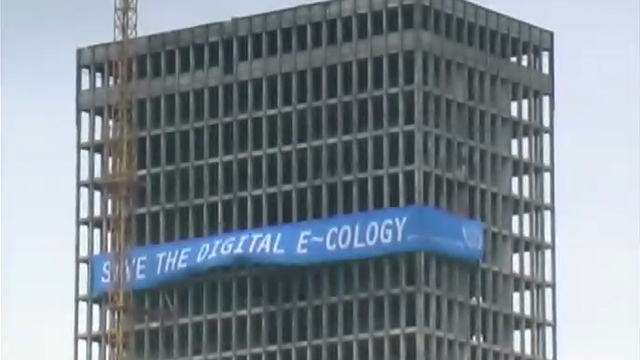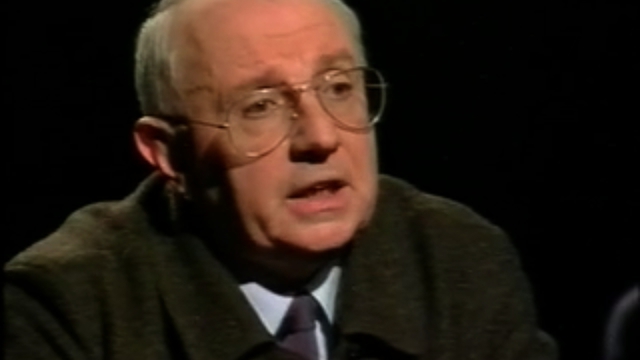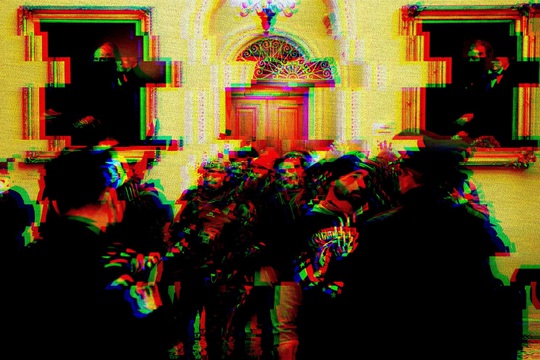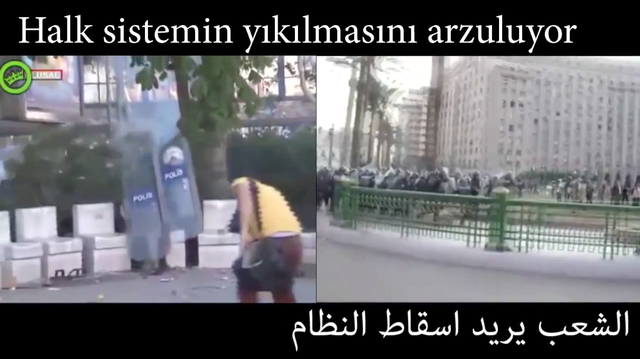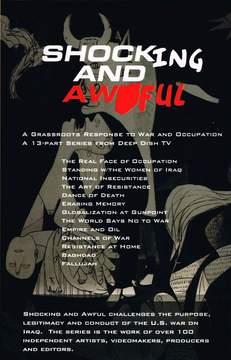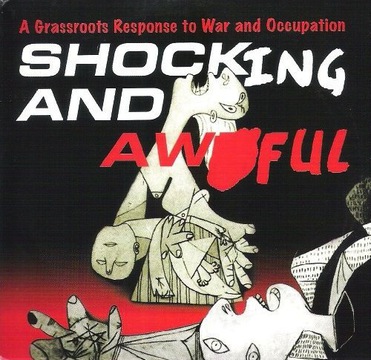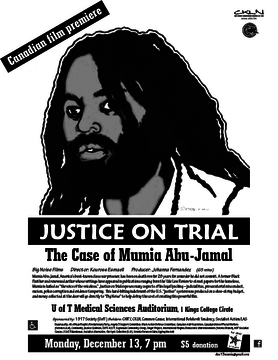article
Activist Media Tomorrow*
* BH: When I wrote this text five years ago, it really was not clear whether
the swarming tactics of the counter-globalization movement would get a
"second chance." But they have, and now the subtitle could be "activist
media today."
What happened at the turn of the millennium, when a myriad of recording
devices were hooked up to the Internet and the World Wide Web became an
electronic prism refracting all the colors of a single anti-capitalist
struggle? What kind of movement takes to the barricades with samba bands
and videocams, tracing an embodied map through a maze of virtual
hyperlinks and actual city streets? The organizational aesthetics of the
networked movements was called "tactical media," a concept that mixed
the quick-and-dirty appropriation of consumer electronics with the
subtle counter-cultural anthropology of Michel de Certeau. The idea was
to evoke a new kind of popular subjectivity, constitutionally "under the
radar," impossible to identify, constantly shifting with the inventions
of digital storytelling and the ruses of open-source practice. Too bad
so much of this subversive process was frozen into a single seductive
phrase.
Read
